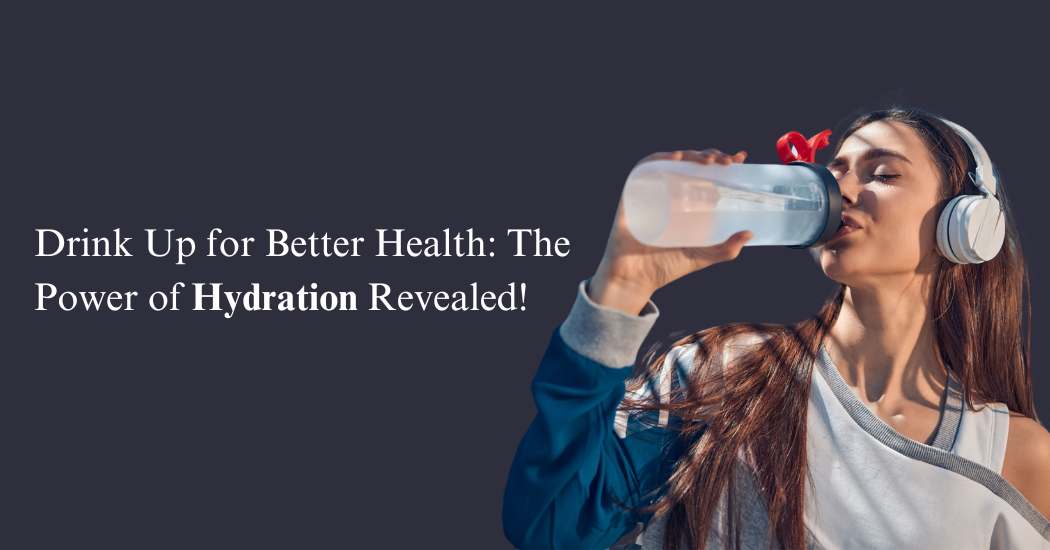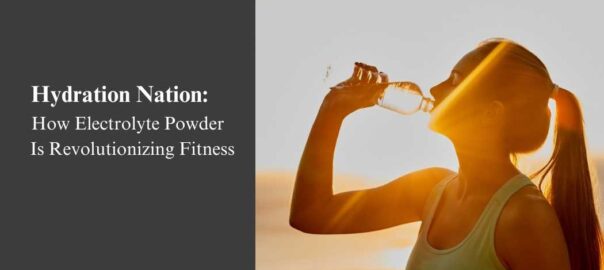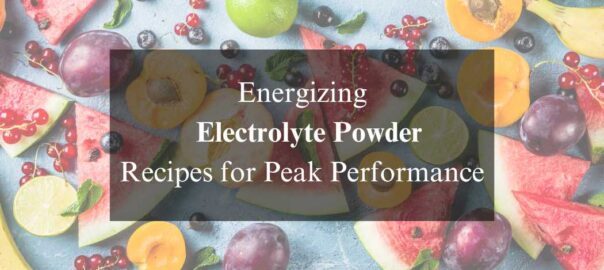
In our fast-paced lives, it’s easy to overlook the simple yet powerful act of hydration. We often prioritize various aspects of our health, such as diet and exercise, but forget that proper hydration is equally vital. Let’s dive deep into the significance of staying hydrated and how it can significantly impact our overall well-being.
Why Hydration Matters
Hydration is more than just quenching your thirst; it’s a cornerstone of good health. Our bodies are composed of around 60% water, emphasizing its crucial role in maintaining bodily functions. From regulating body temperature to aiding digestion and nutrient absorption, water is involved in almost every bodily process.
The Benefits of Staying Hydrated
1. Enhanced Physical Performance
Proper hydration is essential for optimizing physical performance. Whether you’re hitting the gym or engaging in everyday activities, staying hydrated ensures that your muscles and joints function efficiently. Dehydration can lead to fatigue, cramps, and decreased endurance, hindering your overall performance.
2. Improved Cognitive Function
Did you know that dehydration can impair cognitive function? Even mild dehydration can affect mood, concentration, and memory. By drinking an adequate amount of water, you can maintain optimal brain function, stay alert, and boost productivity throughout the day.
3. Healthy Skin
Your skin is the body’s largest organ and requires proper hydration to stay healthy and vibrant. Dehydration can lead to dryness, dullness, and premature aging of the skin. By drinking enough water, you can promote skin elasticity and reduce the appearance of wrinkles and fine lines.
4. Detoxification
Water plays a vital role in flushing out toxins and waste products from the body. Adequate hydration supports kidney function, allowing them to effectively filter out impurities and maintain overall detoxification. By staying hydrated, you can support your body’s natural cleansing processes and promote optimal health.
5. Weight Management
Believe it or not, staying hydrated can aid in weight management. Sometimes, our bodies confuse thirst with hunger, leading us to overeat when all we need is a glass of water. By staying hydrated, you can curb cravings, promote feelings of fullness, and support your weight loss goals.
Tips for Staying Hydrated
Now that you understand the importance of hydration, here are some tips to help you stay on track:
- Carry a reusable water bottle with you wherever you go to ensure easy access to water throughout the day.
- Set reminders on your phone or computer to drink water at regular intervals, especially if you have a busy schedule.
- Incorporate hydrating foods such as fruits and vegetables into your diet, which contribute to your overall fluid intake.
- Monitor your urine color; pale yellow or clear urine indicates proper hydration, while dark yellow urine may signal dehydration.
Conclusion
In conclusion, prioritizing hydration is essential for maintaining good health and well-being. By incorporating simple strategies to ensure adequate fluid intake, you can unlock a myriad of benefits, from improved physical performance to enhanced cognitive function and healthy skin. So, remember to drink up for better health and vitality!
FAQs
The recommended daily intake of water varies for each individual but aiming for around 8 glasses (64 ounces) a day is a good starting point.
While water is the best choice for hydration, other beverages such as herbal teas and low-sugar electrolyte drinks can also contribute to your fluid intake.
Yes, common signs of dehydration include dark yellow urine, dry mouth, headaches, and dizziness. It’s essential to listen to your body and drink water accordingly.
Absolutely, proper hydration is crucial for athletes as even mild dehydration can impair physical performance, leading to decreased endurance and increased risk of injury.
While rare, overhydration, also known as water intoxication, can lead to hyponatremia, a condition characterized by low sodium levels in the blood. It’s essential to drink water in moderation and listen to your body’s thirst cues.
While thirst is a good indicator of dehydration, it’s not always reliable, especially in older adults. Monitoring urine color and paying attention to other signs of dehydration can provide a more accurate assessment of your hydration status.








